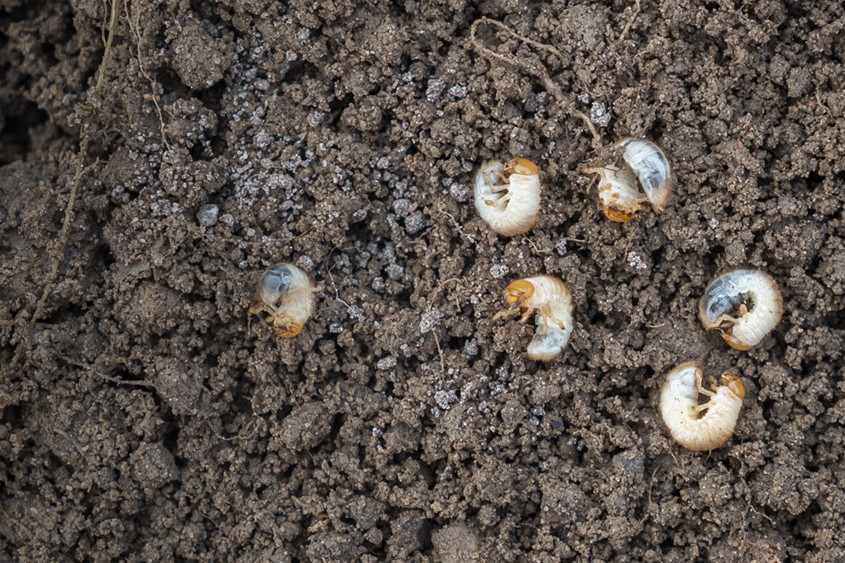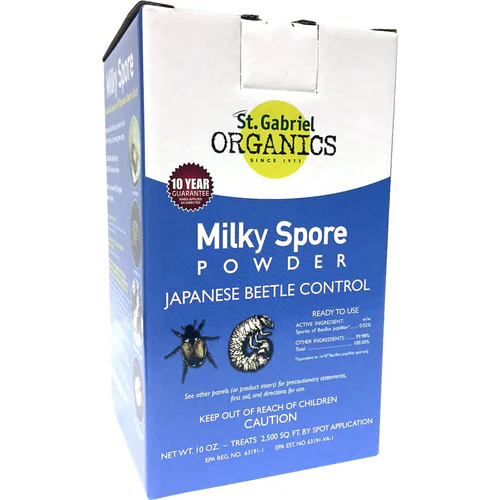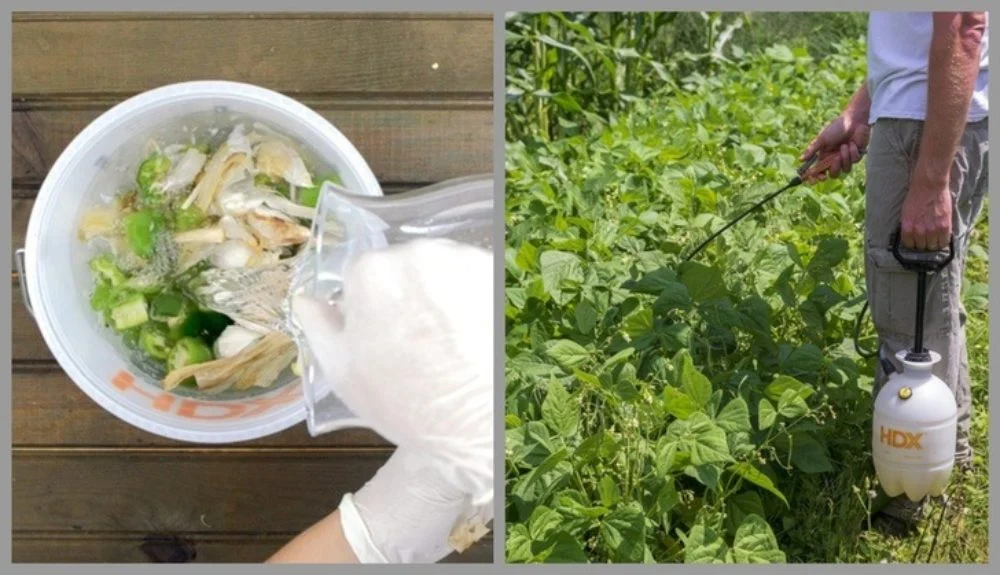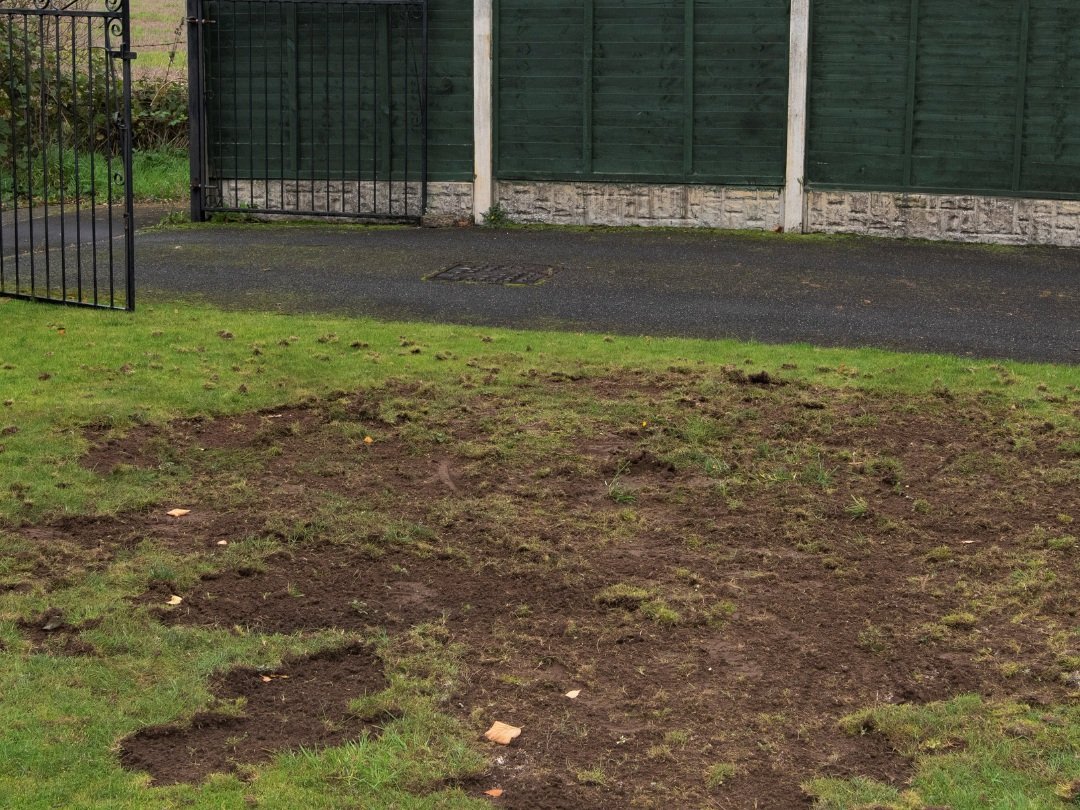How to Eliminate Lawn Grubs Without Chemicals
By Innovation Grounds
Lawn grubs can cause significant damage to your beautiful garden. These pests, which are the larvae of beetles, feed on grassroots and can lead to unsightly brown patches in your lawn. If you’re looking for an eco-friendly, chemical-free approach to dealing with these garden invaders, you’re in the right place. In this blog, we’ll explore various natural and safe ways to eliminate lawn grubs without resorting to harmful chemicals. These methods are not only effective but also better for the environment and your health.
Understanding Lawn Grubs: The Problem
Before diving into solutions, it’s important to understand what lawn grubs are and how they damage your grass. Grubs are the larvae of various beetles, such as Japanese beetles and June bugs. They hatch from eggs laid by adult beetles in the summer and then burrow into the soil to feed on grassroots. This feeding weakens the grass, often resulting in dead patches that are easy to pull up like a rug.
If left untreated, the infestation can spread quickly and damage large sections of your lawn. Traditional chemical treatments, while effective, can pose risks to the environment, pets, and beneficial insects like bees. Fortunately, there are many natural ways to control lawn grubs without the need for toxic pesticides.
Use Beneficial Nematodes to Control Grubs
One of the most effective and natural methods to eliminate lawn grubs is using beneficial nematodes. These microscopic worms are natural predators of lawn grubs. They penetrate the grub larvae’s bodies and release bacteria that kill them. Nematodes are harmless to humans, pets, and beneficial insects.
To use nematodes, you’ll need to purchase them from a garden center or online store. They are typically applied in the spring or early summer when grubs are active. Simply mix the nematodes with water and apply them to your lawn using a sprayer or watering can. The nematodes will work their way into the soil, targeting and destroying the grubs.

Attract Natural Predators
Another way to eliminate lawn grubs naturally is by attracting predators that feed on them. Birds, like starlings and robins, are excellent grub hunters. By creating a bird-friendly environment, you can encourage these helpful creatures to feast on your grubs.
Consider installing birdhouses, birdbaths, and bird feeders in your yard to create a welcoming habitat for these insect-eating birds. Additionally, attracting other animals, such as chickens or ducks, can help reduce the grub population. These animals will naturally root around in your lawn, eating grubs as part of their diet.

Milky Spore: A Natural Bacterial Treatment
Milky spore is a natural bacterium that targets and kills grubs. This method is particularly effective for controlling Japanese beetle larvae. The spores are harmless to other animals, plants, and humans, making them a safe alternative to chemical pesticides.
Milky spore works by infecting the grubs when they ingest the spores, eventually killing them. To use milky spore, apply it to your lawn in late summer or early fall when the grubs are actively feeding. Once applied, it can continue to work for several years, reducing the grub population over time.

Use Homemade Garlic or Hot Pepper Spray
A simple DIY remedy that can help repel and kill lawn grubs is a homemade garlic or hot pepper spray. These sprays deter pests and can be made easily with ingredients you may already have at home.
For a garlic spray:
Blend a few cloves of garlic with water and strain the mixture.
Spray this solution directly onto your lawn.
For a hot pepper spray:
Blend hot peppers (such as cayenne) with water, strain, and apply the solution to the affected areas.
Both of these solutions act as a natural deterrent and can help manage small grub populations. However, they may not be as effective for large infestations.

Maintain a Healthy Lawn to Prevent Grub Infestations
One of the best ways to control lawn grubs is to prevent them from taking hold in the first place. A healthy, well-maintained lawn is less likely to attract grubs or other pests. Here are a few tips to keep your lawn in tip-top shape:
Aerate your soil: Grubs thrive in compacted soil. Aerating your lawn allows water, nutrients, and air to reach the roots, which strengthens your grass and makes it more resistant to pests.
Mow at the right height: Cutting your grass too short can stress the plants, making them more susceptible to damage. Aim to mow at a height of about 2.5 to 3 inches.
Water properly: Over-watering can create an environment where grubs thrive. Water your lawn deeply but infrequently, ensuring the soil has a chance to dry out between watering sessions.
Fertilize appropriately: Applying organic fertilizers can improve the health of your grass, making it less attractive to grubs and other pests.

Diatomaceous Earth: A Natural, Non-Toxic Solution
Diatomaceous earth (DE) is a fine powder made from the fossilized remains of diatoms. It works as a natural pest control by damaging the exoskeletons of insects, causing them to dehydrate and die. DE is safe for humans and pets but should be applied carefully to avoid inhalation.
To use diatomaceous earth against lawn grubs, simply sprinkle it over the affected areas. As the grubs come into contact with the powder, they will be dehydrated and eventually die. DE is most effective when it’s dry, so avoid applying it when it’s rainy or when the ground is wet.

Conclusion
Eliminating lawn grubs without chemicals is entirely possible and beneficial for both your lawn and the environment. By using natural methods such as beneficial nematodes, attracting predators, applying milky spore, or making your own DIY sprays, you can keep your lawn healthy and grub-free. Additionally, maintaining a strong, vibrant lawn will naturally prevent infestations, making it less likely for grubs to take hold in the first place.
If you’re dealing with a serious infestation, consider consulting with a professional who specializes in eco-friendly pest control solutions. The key is to act early, and with these safe and effective methods, your lawn can thrive without the use of harmful chemicals. Happy gardening!


